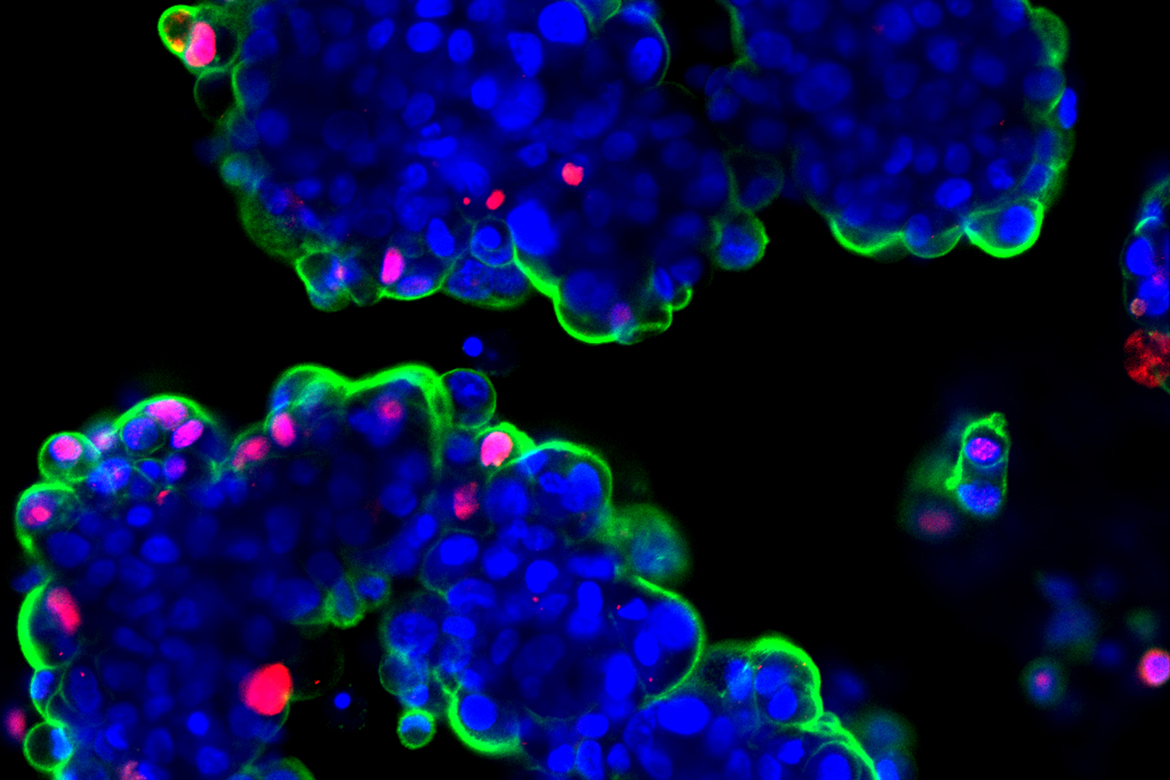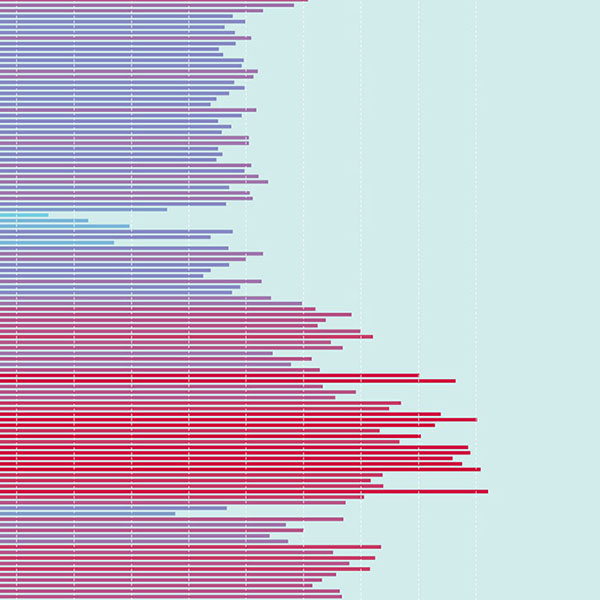Too many checkups
Too many cancer screenings
Researchers at Fribourg University have found that the cons outweigh the pros with repeated cancer checkups.

An advertisement for more frequent checkups: This walk-in model of a human intestine reveals growths and polyps. | Photo: Ralf Hirschberger / Keystone
In Switzerland – according to a survey of some 2,000 people – 40 percent of those aged 75 or over have had themselves checked for prostate, cervix, breast or bowel cancer, despite many experts being convinced that there is little need to recommend such tests. “The majority of these tests are probably unnecessary, possibly even harmful”, says Frerik Smit, a population health scientist at the University of Fribourg.
The potential negative aspects of these tests include the usual side-effects that can arise during medical procedures, plus unnecessary stress in cases of false positives. In older people, for example, the risks of these tests – according to current US guidelines – can often outweigh the benefits derived from reducing cancer mortality. There are no uniform guidelines for recommending such tests in Switzerland.
“The older generation is accustomed to regular cancer screenings and just keeps on getting tested”, says Smit. And it’s difficult for doctors to explain why stopping can be a good idea. So, Smit and his team are advocating for more studies on older adults in order to bolster evidence-based recommendations and individualised decision-making.



